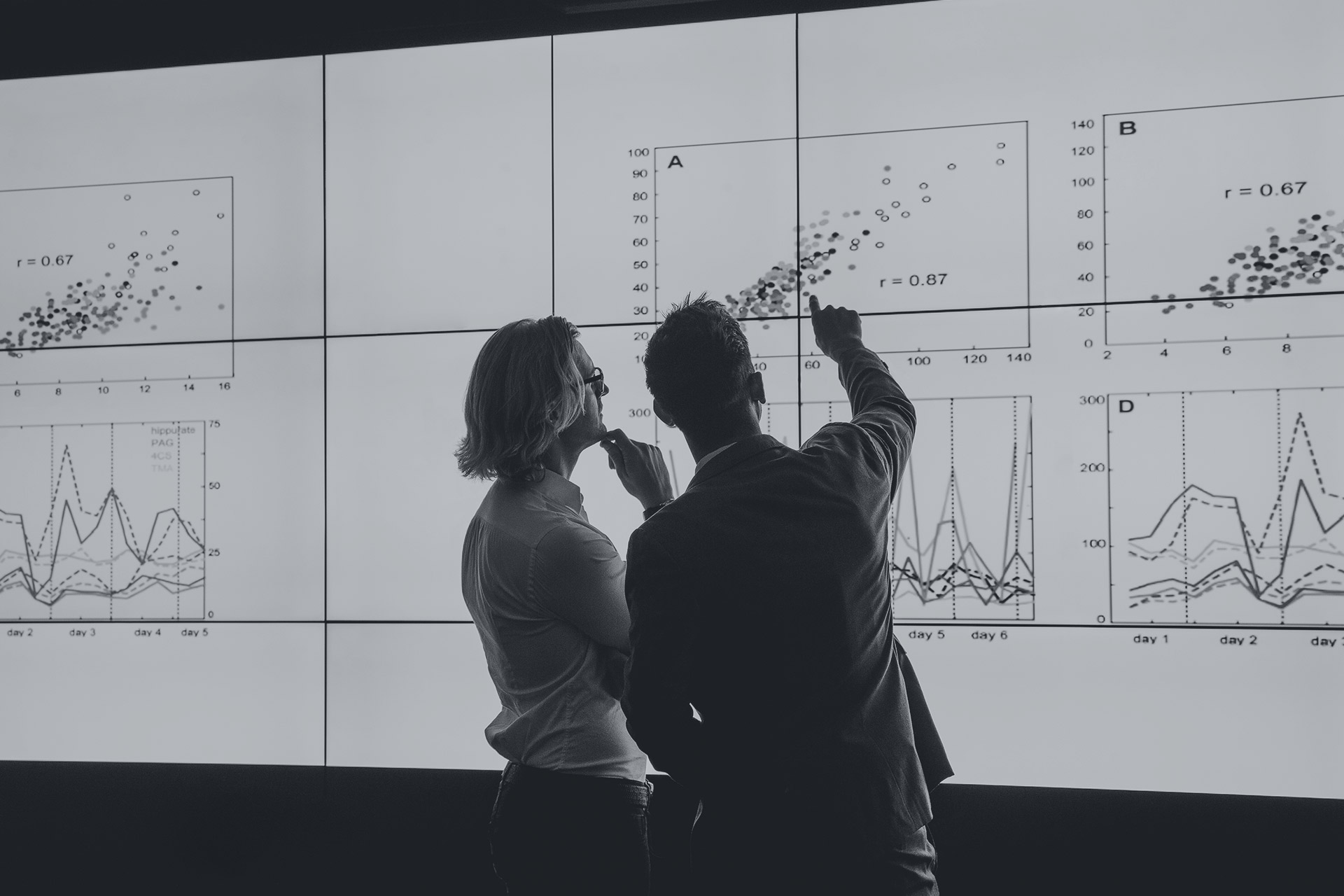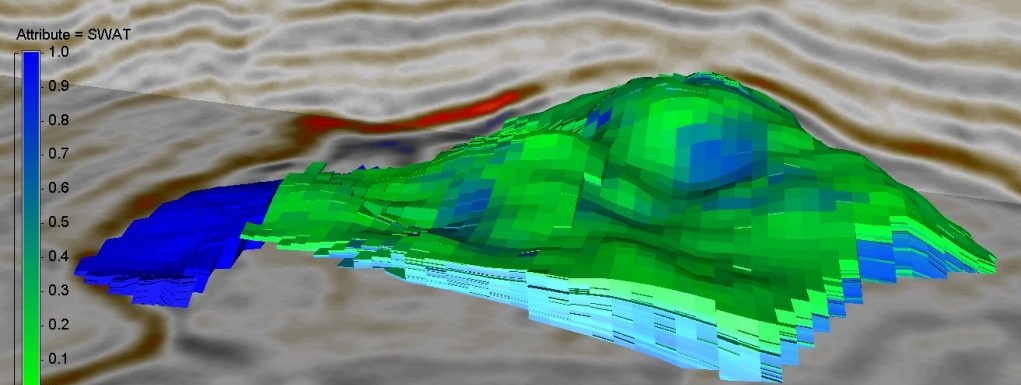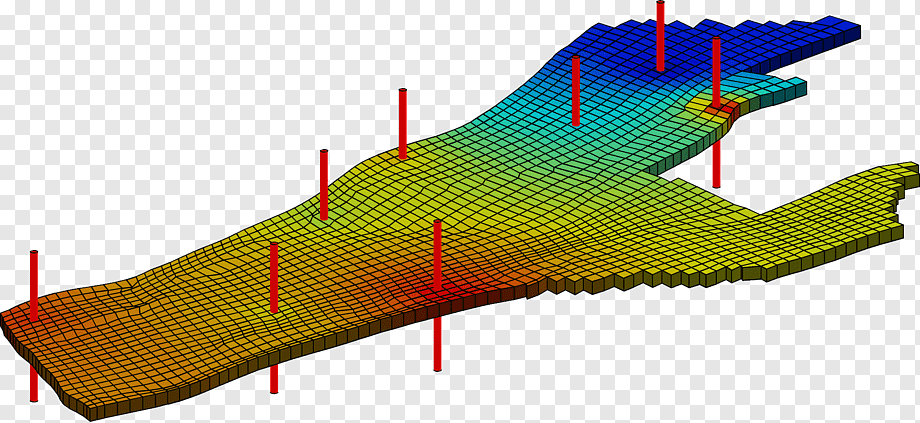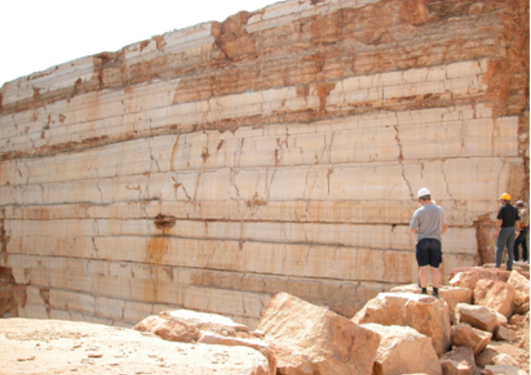

By the end of this course delegates will be able to:
Asset managers and reservoir and production engineers, Oil & Gas Engineers, reservoir operators, geologists, geophysicists, anyone who work in an integrated asset team in the upstream of petroleum industry, those who desire to obtain an overall picture of oil and gas field, development and desire to obtain knowledge and skills of reservoir and the design and interpretation of well tests.
Geologic Aspects
Petro physics and Rock Properties
Well Testing
Primary and Secondary Recovery
Simulation of Naturally Fractured Reservoirs
CDGA attendance certificate will be issued to all attendees completing minimum of 80% of the total course duration.
| Code | Date | Venue | Fees | Register |
|---|---|---|---|---|
| DE135-02 | 20-04-2026 | Istanbul | USD 5950 | |
| DE135-03 | 27-07-2026 | Kuala-Lumpur | USD 5950 | |
| DE135-04 | 25-10-2026 | Amman | USD 5450 |

A successful exploration and exploitation project requires efficient use of an integrated, multi-disciplinary team. This training course examines how such a team should be structured, what questions s ...

This Course utilizes all forms of data that can support petrophysical and geological analysis of historical and recent wells to produce robust facies schemes and rock types that can be used for histor ...

The course covers the fundamental and practical aspects of modern reservoir simulation and modelling. Particular emphasis is placed upon the available data and its integration into a data set that ref ...

Carbonate reservoirs are considered to be the most significant source of hydrocarbon production for this century. This course is offered to provide an introduction to carbonate reservoir evaluation th ...
Providing services with a high quality that are satisfying the requirements
Appling the specifications and legalizations to ensure the quality of service.
Best utilization of resources for continually improving the business activities.
CDGA keen to selects highly technical instructors based on professional field experience
Since CDGA was established, it considered a training partner for world class oil & gas institution
3012, Block 3, 30 Euro Business Park, Little Island, Co. Cork, T45 V220, Ireland
Mon to Fri 09:00 AM to 06:00 PM
Contact Us anytime!
Request Info